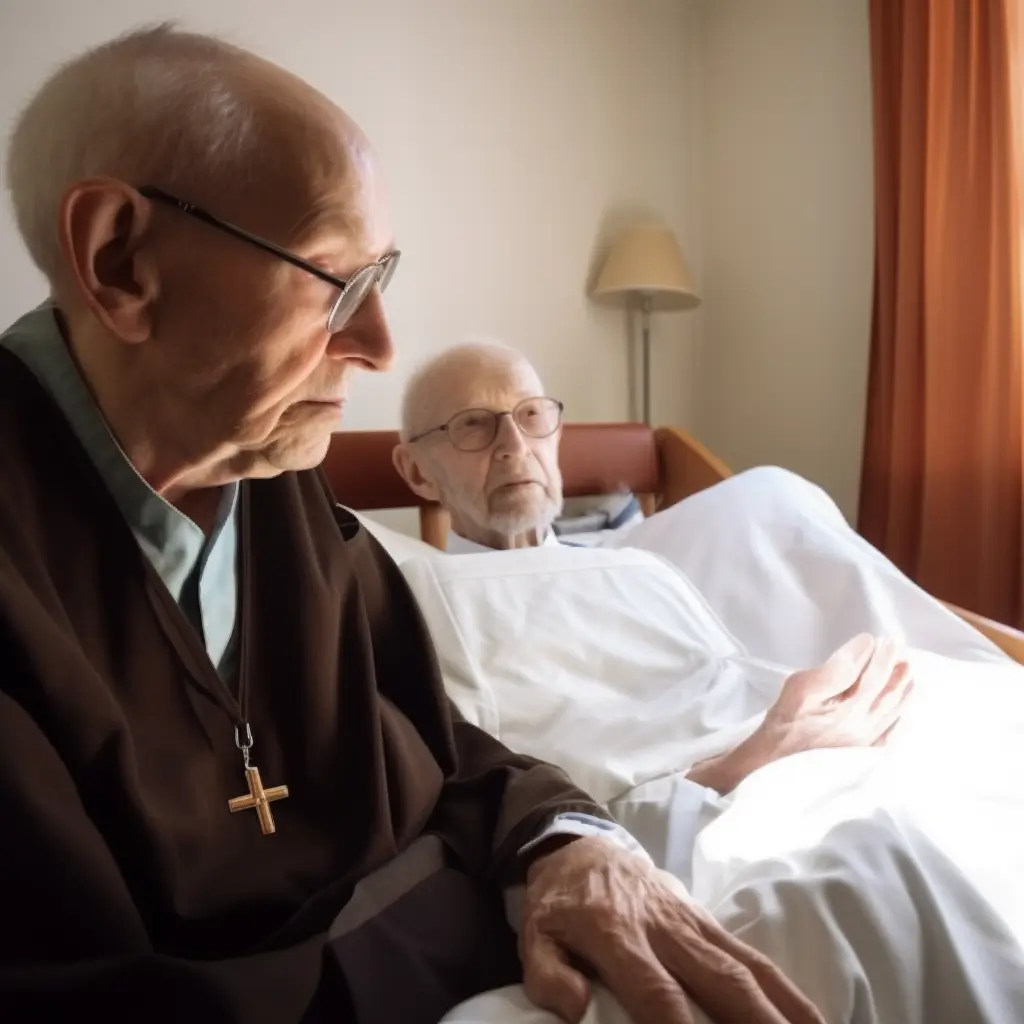When a loved one is facing a life-limiting illness, it’s natural to focus on their physical and emotional needs. But it’s important to remember that spiritual care is also an essential component of hospice care. Spiritual care is designed to meet the unique spiritual and religious needs of patients and families, providing comfort, support, and guidance during a difficult time.
So, what exactly is spiritual care? Spiritual care is a holistic approach to care that addresses the spiritual and religious needs of patients and families. This can include providing access to chaplains, pastors, or other spiritual leaders, facilitating religious practices or rituals, or simply providing a listening ear and support to patients and families as they explore their spiritual beliefs and needs.
The importance of spiritual care in hospice cannot be overstated. For many patients and families, spirituality and religion are an important source of comfort and strength during a difficult time. Spiritual care can help patients and families find peace, meaning, and purpose in the face of a life-limiting illness, and can provide a sense of connection and community during a challenging time.
Expert hospice care providers understand the importance of spiritual care and are trained to provide compassionate and respectful care that meets the unique needs of each patient and family. Hospice care providers work with patients and families to develop a spiritual care plan that honors their beliefs and values, and provides the support and guidance they need to find comfort and peace in the final stages of life.
In addition, hospice care providers can help families navigate the many challenges of a life-limiting illness, providing emotional support, practical assistance, and guidance as they navigate complex medical and legal issues. Expert hospice care providers work closely with patients and families to ensure that their needs are met, and that they are able to make the most of the time they have left together.
Overall, spiritual care is an essential component of hospice care, providing comfort, support, and guidance to patients and families during a difficult time. If you or a loved one are facing a life-limiting illness, it’s important to find a hospice care provider that understands the importance of spiritual care and is committed to meeting the unique needs of each patient and family.
Remember, you don’t have to face this difficult time alone. Expert hospice care providers are here to provide the support and guidance you need to find comfort and peace in the final stages of life.


